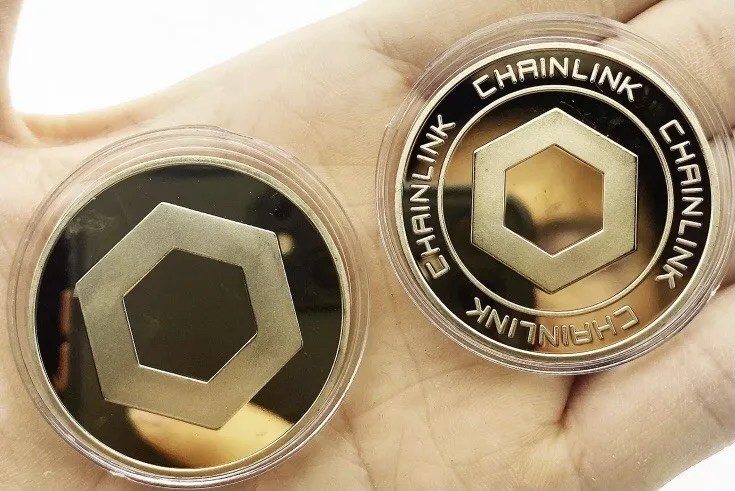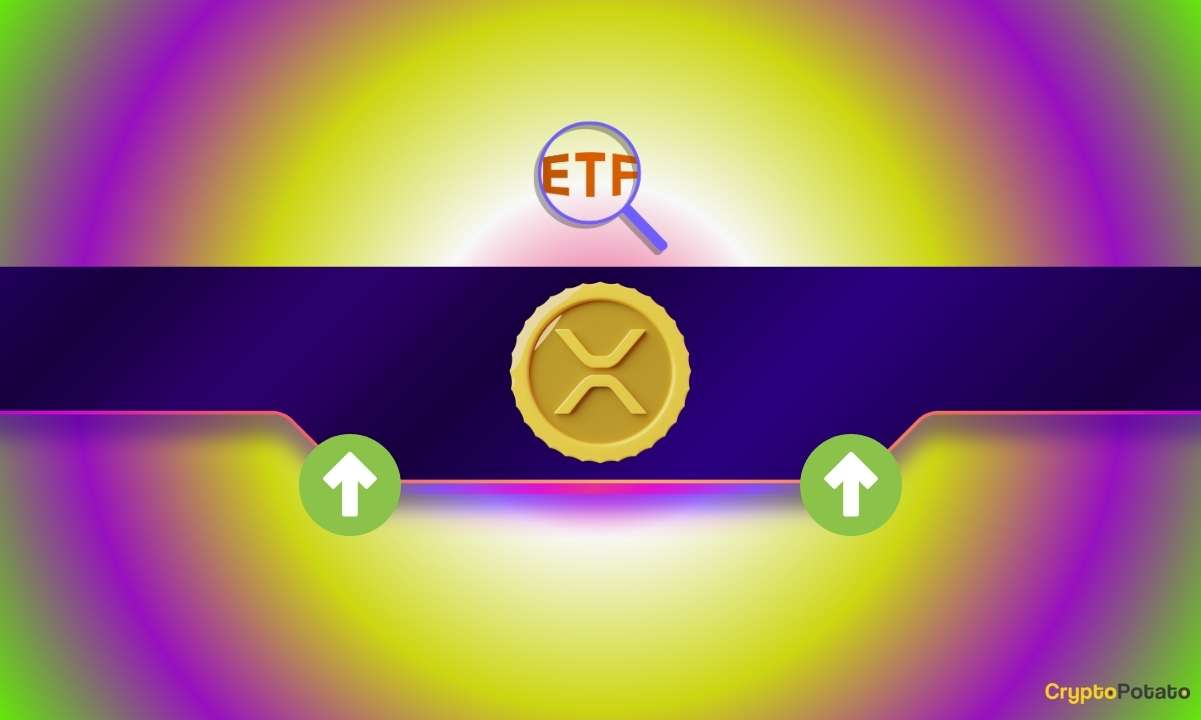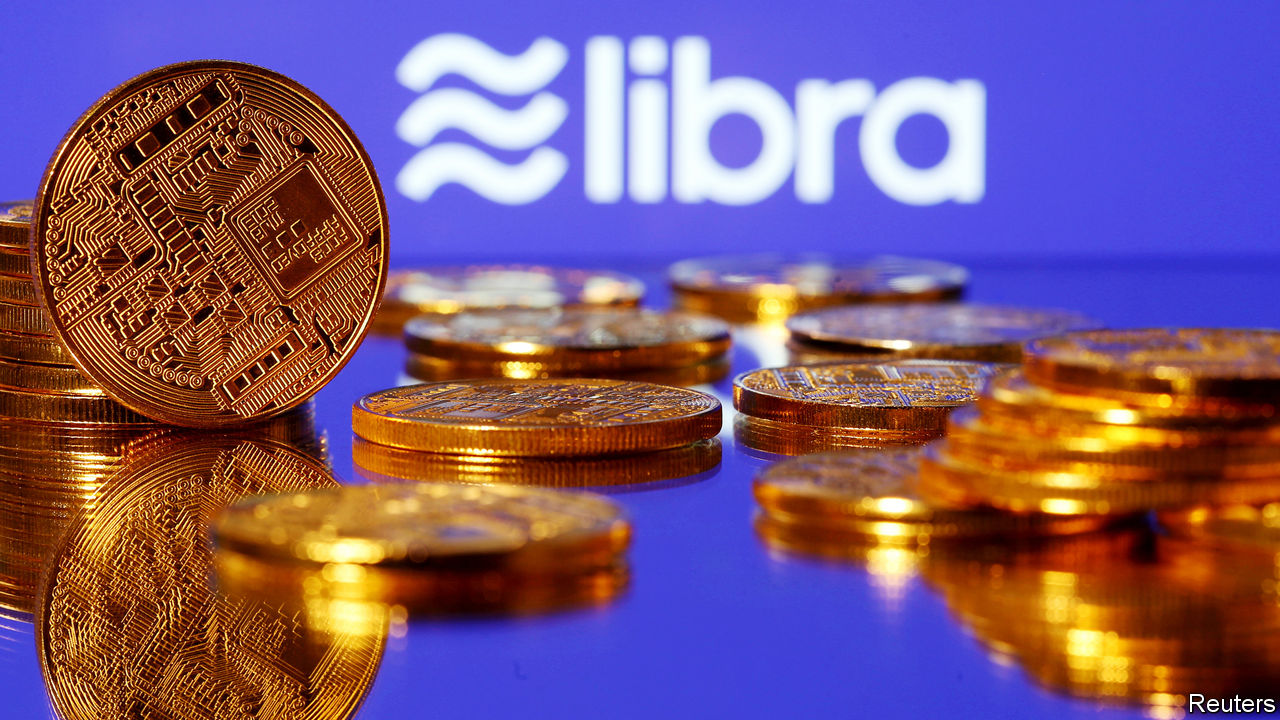
In 2025, the financial sector is under constant pressure: sanctions, suspicious transactions, and attempts to launder money through legal structures. Businesses increasingly need people who can identify problems in time and find sound solutions. Otherwise, a company could face fines, damage to its reputation, or even shut down.
The demand for professionals with certified knowledge in AML is growing rapidly, especially among banks, fintechs, crypto platforms, and accounting firms. Whether you are just starting or already working in the field, certification is almost essential. It’s also important to note that universities barely cover this topic. That’s why professionals who complete specialised training have a significant competitive advantage. Companies and financial institutions don’t need to invest additional time or money into their training, which reduces costs and speeds up onboarding. Certification is an official way to prove that you understand international rules and can apply them in different jurisdictions.
According to FATF recommendations, staff training and continuous professional development are essential parts of an effective AML programme.
National regulators also impose requirements:
- EU AML directives and regulation
- FCA (United Kingdom)
- FinCEN (USA)
In this article, we will review and compare the best AML compliance courses, including recognised leaders like CAMS and ICA, as well as newer, more practice-oriented and affordable alternatives like CASS, which allows for online learning in a flexible format without extra costs for resits or compulsory annual membership fees.
Why AML Certification Is Necessary and the Purpose of Combating Money Laundering
Given the tightening of financial regulations in nearly every jurisdiction—particularly in fintech—AML certification is becoming a necessity for companies dealing with finance, digital assets, or legal transaction support. Every business in these industries must take anti-money laundering measures. Certified professionals play a key role here.
Anti-money laundering involves a set of rules and procedures aimed at detecting and preventing the misuse of the financial system for criminal activity. This doesn’t just involve the direct laundering of “dirty” money through banks or other financial organisations. It also aims to prevent tax evasion, corruption, and illegal trade in goods and people through legal structures and companies.
The fight against money laundering began in the United States in 1970 with the Bank Secrecy Act, the first step toward financial transparency and accountability. It laid the groundwork for monitoring financial operations and reporting to authorities.
Later, the FATF’s 40 Recommendations, created in 1989, became the global standard. These recommendations formed the basis of national AML laws worldwide. For example, the European Union began regulation with the First AML Directive in 1991; today, the Sixth Directive (AMLD6) is in force. It imposes stricter controls, introduces criminal liability for financial crimes in member states, and establishes common rules across the EU.
Working under these regulatory frameworks requires structured thinking and specialist training. Without understanding customer due diligence, suspicious activity reporting, typologies of financial crime, and tools to detect and prevent it—professionals cannot protect their organisations. That’s why the demand for the best AML certification remains consistently high across banks, brokers, crypto exchanges, law firms, accountants, and especially virtual asset platforms.
Certification confirms a professional’s ability to use modern techniques and apply KYC and CDD processes to transaction analysis and internal controls. Organisations that train their staff with the best AML courses reduce regulatory risks and build a culture of transparency.
Top 5 Best AML Certifications in the World: Programme and Approach Comparison
There are many AML certifications available, but only a few meet international standards and are recognised by employers globally. We’ve selected 5 of the most balanced options based on relevance, learning format, international reach, and reputation among professionals.
1. CASS AML certification programme
The CASS (Certified Anti-Money Laundering Senior Specialist) – AML certification programme by AML Certification Centre is more practical comparing to others and built around international FATF standards, FinCEN guidelines, and EU regulations. Delivered entirely online, it covers traditional compliance, crypto, high-risk clients, and transaction monitoring.
- Format: 100% online with animated videos and schemes
- Duration: 4–5 weeks
- Knowledge level: Basic AML knowledge recommended
- Recognition: International – recognised by private and public sectors in the EU, UK, UAE, Latin America, USA, and Africa
2. ICA International Diploma in Anti-Money Laundering
Offered by the International Compliance Association, this programme is tailored for UK professionals and also suits jurisdictions with active regulation (e.g., Singapore, Hong Kong, UAE). It provides deep insights into risk assessment, regulation, audit, and internal controls. It requires strong self-study skills and is designed for experienced professionals.
- Format: Online + assignments and assessment
- Duration: ~6 months
- Knowledge level: Advanced
- Recognition: UK, Asia
3. CAMS — Certified Anti-Money Laundering Specialist
The most popular AML accreditation, developed by ACAMS, is widely used in the USA and other countries. It focuses on financial monitoring with a risk-based approach and requires reporting on suspicious transactions. Note that this programme is mainly built around U.S. practices. To obtain the certificate, you must have work experience and pass a final exam at an official testing centre.
- Format: PDF study guide + exam
- Duration: ~3–6 months
- Knowledge level: Advanced
- Recognition: International, especially in banking
4. ACFCS — AML 360° Certificate Programme
Offered by the Association of Certified Financial Crime Specialists (ACFCS), this programme includes AML, fraud prevention, and cybercrime in financial operations. It’s ideal for compliance, security, and operations professionals.
- Format: Online
- Duration: 1–3 months
- Knowledge level: Intermediate
- Recognition: USA, Canada, Latin America
5. ABA — Certified AML and Fraud Professional (CAFP)
Offered by the American Bankers Association, this certification is designed for banking and financial institution employees in the USA. It covers risk management, audit, internal controls, and financial crime.
- Format: Online + exam
- Duration: 2–4 months
- Knowledge level: Advanced
- Recognition: USA
Benefits of AML Certification
For employers, certification indicates that a candidate understands international standards and can comply with regulatory requirements. For professionals, it’s a sign of expertise that opens doors to banks, fintech companies, and audit firms around the world.
Key benefits of obtaining the best AML certification:
- Global recognition of your expertise
Most programmes follow FATF guidelines, BSA requirements, and EU Directive 6. As a result, the certification is relevant across multiple jurisdictions.
- Access to the global job market
Financial companies prefer to hire professionals with banking, crypto, and fintech experience who have completed the best AML courses and can prove their knowledge.
- Career growth and specialisation
Certifications like CAMS are valued by compliance, audit, and risk teams. Earning one can boost your chances for promotion to senior roles.
- Awareness of risks and reduced liability
A certified expert knows how to respond to suspicious activity, document it properly, and reduce potential reputational damage.
- Practical skills
Top programmes use real scenarios and pragmatic due diligence examples, allowing learners to apply knowledge immediately rather than memorising theory.
Conclusion
When choosing a certification, consider not just brand recognition but also your personal goals and ambitions. If you’re aiming for a career in international banking, academically established programmes may suit best. But for fintech or practical application, look for flexibility, current content, and real-world relevance. Most importantly, the learning experience should go beyond theory and equip you with tools you can actually use.
FAQ
1. Which is the best AML certification for beginners?
Choose flexible, practice-focused online programmes that don’t require experience and can be done remotely.
2. Are AML courses still relevant for fintech and crypto?
Yes – they’re essential. Courses with modules on virtual assets and risk assessments are especially important.
3. What does a top AML certification include?
A good programme covers FATF standards, money laundering methods, KYC, CDD, transaction analysis, and reporting – with real-life case studies.
4. Is the CAMS certification really that in demand?
Yes – it’s widely used in banks and global institutions. But due to its duration and strict eligibility, it may not suit everyone. For a quicker start, consider alternatives.
5. Which online AML certification is internationally recognised?
Look for courses based on international standards (FATF, AMLD, FinCEN). These certificates are accepted by employers globally, especially in fintech and legal sectors.

















 English (US) ·
English (US) ·